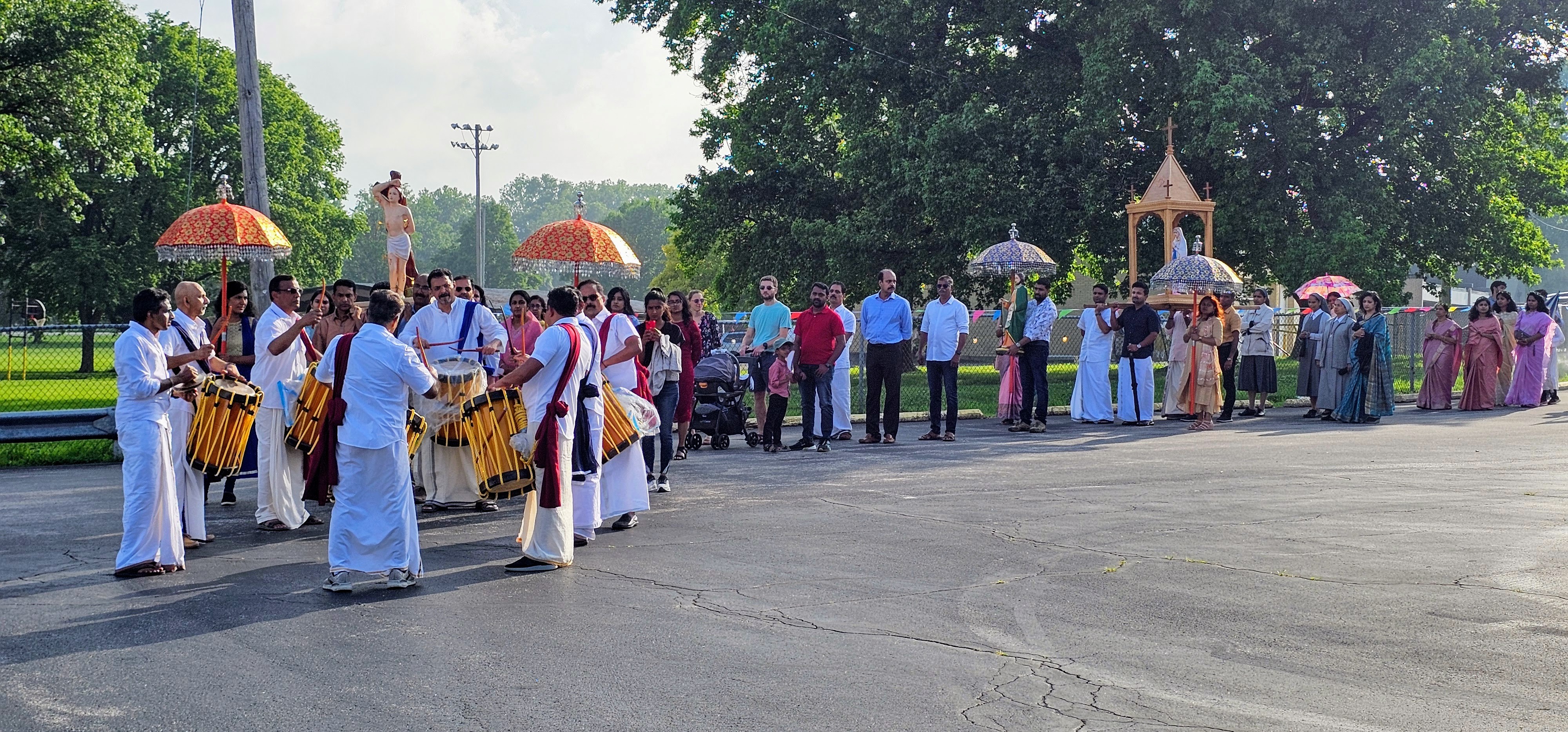Abortion legislation in N.Y., other states, prompts Missouri legislators to consider bills that would offer greater protection for unborn
Rep. Ann Wagner reintroduces act to protect babies born alive after abortion
Legislatures in New York, Virginia, New Mexico and other states have recently enacted or introduced legislation loosening restrictions on abortion, some allowing abortion through the third trimester of pregnancy.
The measures have garnered the attention of legislators in Missouri, as well as U.S. Rep. Ann Wagner of Missouri.
Wagner announced on Feb. 6 the reintroduction of the Born-Alive Abortion Survivors Protection Act, which would ensure any infant born alive after an abortion receives the same protection of law as any newborn. It would mandate care for the child and create penalties for doctors who allow such infants to die or who intentionally kill a newborn.
Wagner and House Minority Whip Steve Scalise, R-Louisiana, an original co-sponsor of the bill, announced they will file a discharge petition that would force a vote in the U.S. House of Representatives. The bill would need to receive signatures from a majority of House members before it can be voted on by the full House.
“The recent actions by some state governments to advocate for the murder of children in the womb is representative of the loss of conscience by those leaders in government who are responsible for passing this legislation, no matter their faith. What is at stake is the ability to legally act to defend the innocents who are unable to defend themselves. The Archdiocese of St. Louis condemns these recent actions and appeals to those leaders who are in good conscience to act in defense of the unborn.”
In 2002, Congress passed the Born Alive Infants Protection Act, and it was signed into law by President George W. Bush. It established that the terms “person,” “human being,” “child” and “individual” in federal law include every infant born alive, including those born alive after an attempted abortion. However, it did not institute penalties for doctors who did not provide care for such infants.
“I have been horrified to watch radical Democratic legislators argue that babies who survive abortions should not be given the same level of medical care that all other newborn babies receive.” Wagner wrote in a statement. “Congress must act to protect those who cannot protect themselves. That is why I introduced the Born Alive Abortion Survivors Protection Act, which merely ensures that babies who survive abortions receive immediate, lifesaving care — just as any other baby would. To my colleagues, this is the simplest vote you will ever take: Either you support babies being killed after they are born or you don’t. It is time to go on the record and make clear if you think babies born alive deserve medical care, or if you think they should be left to die.”
In Missouri, state Sen. Andrew Koenig, R-Manchester, introduced the “Right to Life of the Unborn Child Act,” which would prohibit all abortions throughout all nine months of pregnancy, except in cases of a medical emergency, upon the Supreme Court’s overturning of Roe vs. Wade or the passage of a federal Human Life Amendment.
“In light of the recent passage of legislation in New York, I believe it is time for Missouri to become a ‘Sanctuary of Life’ for pregnant women and their unborn children,” Koenig wrote in a statement. “By banning abortions after an act by the federal government allowing this trigger, we aim to protect the lives of unborn children and preserve their right to life.”
The bill would make it a Class B felony for anyone to perform or induce an abortion. It would prohibit any prosecution of the woman upon whom the abortion is performed or induced. The medical exception is for cases where a continuation of the pregnancy could result in serious physical harm or death to the mother.
Similar “trigger” laws already have been enacted in four states — Louisiana, Mississippi, North Dakota and South Dakota. Legislatures in Kentucky and Arkansas, Tennessee and South Carolina are currently considering similar measures.
Republican Sen. Paul Wieland of Jefferson County also filed a resolution Feb. 11 urging that Missouri tax dollars should not be spent in New York or other states that have passed legislation removing abortion from the criminal code. The resolution also requests the Missouri’s governor and state departments to cease all non-emergency activity or events in such states.
According to the U.S. Centers for Disease Control and Prevention, abortions after 21 weeks make up less than 1.3 percent of all abortions in the United States. However, the Charlotte Lozier Institute, a pro-life organization that provides research on a variety of life issues, notes that the percentage is likely higher, as there are 12 reporting areas not included in the CDC’s estimate. Those areas account for more than half of all abortions performed in the United States; all but one allow abortion on demand after 20 weeks.
Missouri prohibits abortions after viability, with an exception for cases where a mother’s life or serious physical health is threatened. Missouri vital statistics show that 65 abortions at 21 weeks and over were performed in 2017.
Missouri also requires a 72-hour waiting period between the time of consent for an abortion and the procedure.
Legislatures in New York, Virginia, New Mexico and other states have recently enacted or introduced legislation loosening restrictions on abortion, some allowing abortion through the third trimester of pregnancy. The … Abortion legislation in N.Y., other states, prompts Missouri legislators to consider bills that would offer greater protection for unborn
Subscribe to Read All St. Louis Review Stories
All readers receive 5 stories to read free per month. After that, readers will need to be logged in.
If you are currently receive the St. Louis Review at your home or office, please send your name and address (and subscriber id if you know it) to subscriptions@stlouisreview.com to get your login information.
If you are not currently a subscriber to the St. Louis Review, please contact subscriptions@stlouisreview.com for information on how to subscribe.







